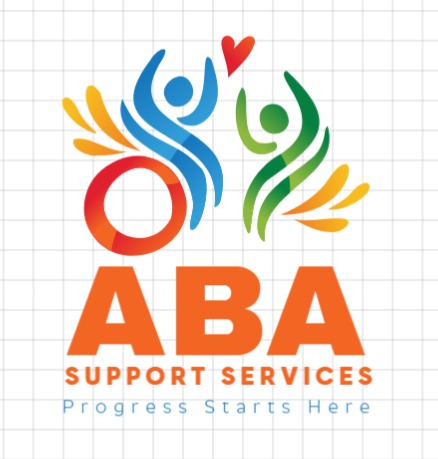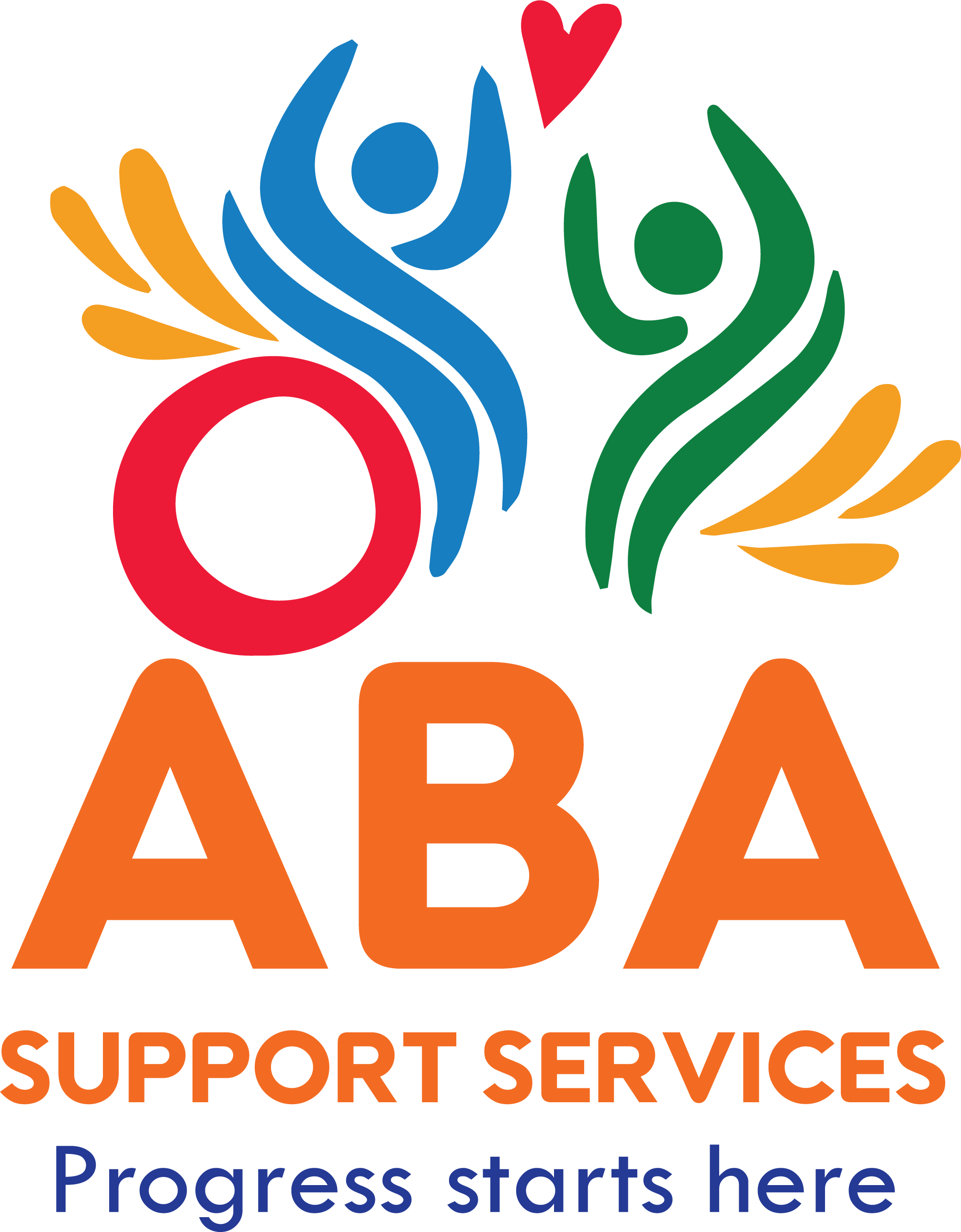
In a world where independence is key to personal success, individuals with developmental disabilities often require specialized support to acquire fundamental life skills. Applied Behavior Analysis (ABA) therapy has emerged as a leading method to help individuals, particularly those with autism, develop essential daily living skills through structured and evidence-based interventions.
The Basic Life Skills Program within ABA is designed to equip individuals with the knowledge and abilities required for self-sufficiency. These programs focus on areas such as self-care, social interaction, and home management to enhance overall quality of life.
Building Blocks of Independence
- Self-Care and Hygiene
A fundamental aspect of independent living is personal hygiene. The program teaches skills such as brushing teeth, bathing, combing hair, and dressing appropriately. These seemingly simple tasks, when mastered, contribute to self-confidence and social acceptance. - Household Management
Maintaining a clean and organized living environment is an important life skill. Participants learn how to complete everyday chores, including washing dishes, making the bed, sweeping, and doing laundry. Meal preparation is also emphasized, helping individuals understand how to cook simple meals and manage food safety. - Social and Communication Skills
Interacting with others plays a crucial role in personal and professional life. The ABA program incorporates training on greeting people, maintaining conversations, and recognizing social cues. Functional communication—whether verbal or through alternative communication methods—is prioritized to ensure effective interaction in various settings. - Money and Time Management
Understanding money and time are critical skills for independence. Individuals are taught how to recognize currency, make purchases, budget expenses, and understand time concepts, enabling them to follow schedules and meet responsibilities effectively. - Safety Awareness
Recognizing dangerous situations and responding appropriately is crucial. The program teaches essential safety skills such as crossing the street safely, dialing emergency numbers, and identifying hazardous household items.
The Role of ABA in Skill Development
The structured nature of ABA therapy allows skills to be broken down into manageable steps, reinforced through repetition, and encouraged using positive reinforcement. Data tracking and individualized instruction ensure that each learner progresses at their own pace while gaining meaningful independence.
A Brighter Future Through ABA
By fostering independence in self-care, home management, and social skills, the Basic Life Skills Program for ABA enables individuals to live more fulfilling lives. As awareness and accessibility to such programs grow, more individuals will gain the confidence to navigate daily life with greater ease and success.
For families and caregivers, investing in life skills training is not just about teaching routines; it’s about building a foundation for a more independent and dignified future.

